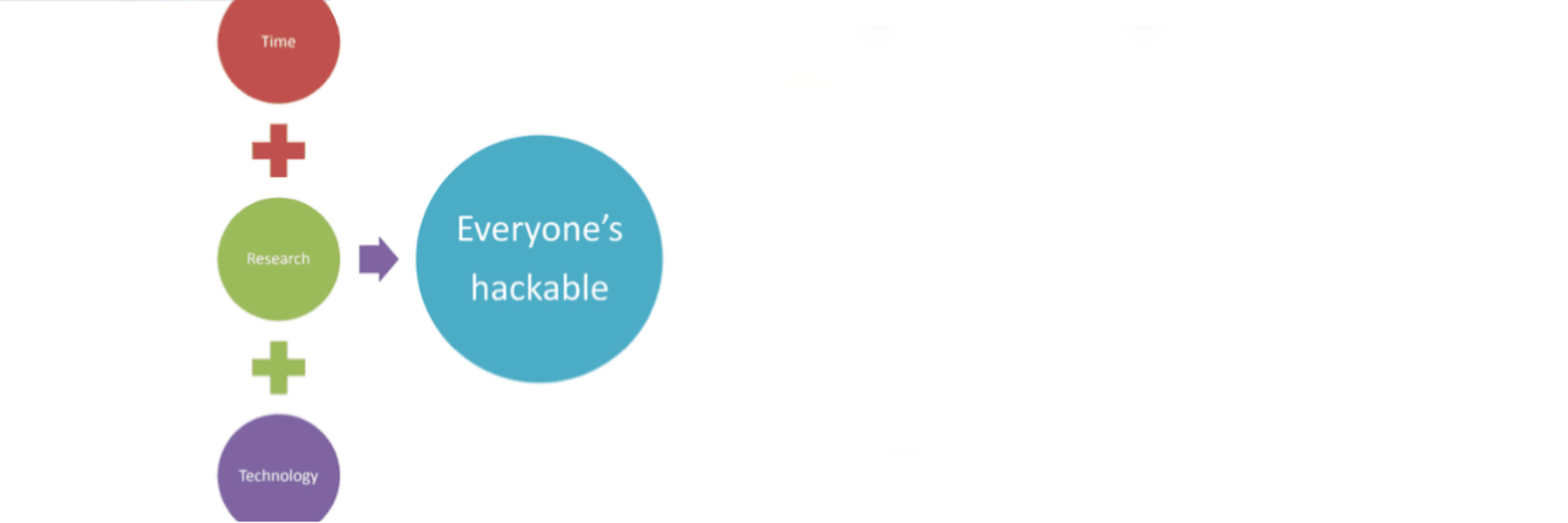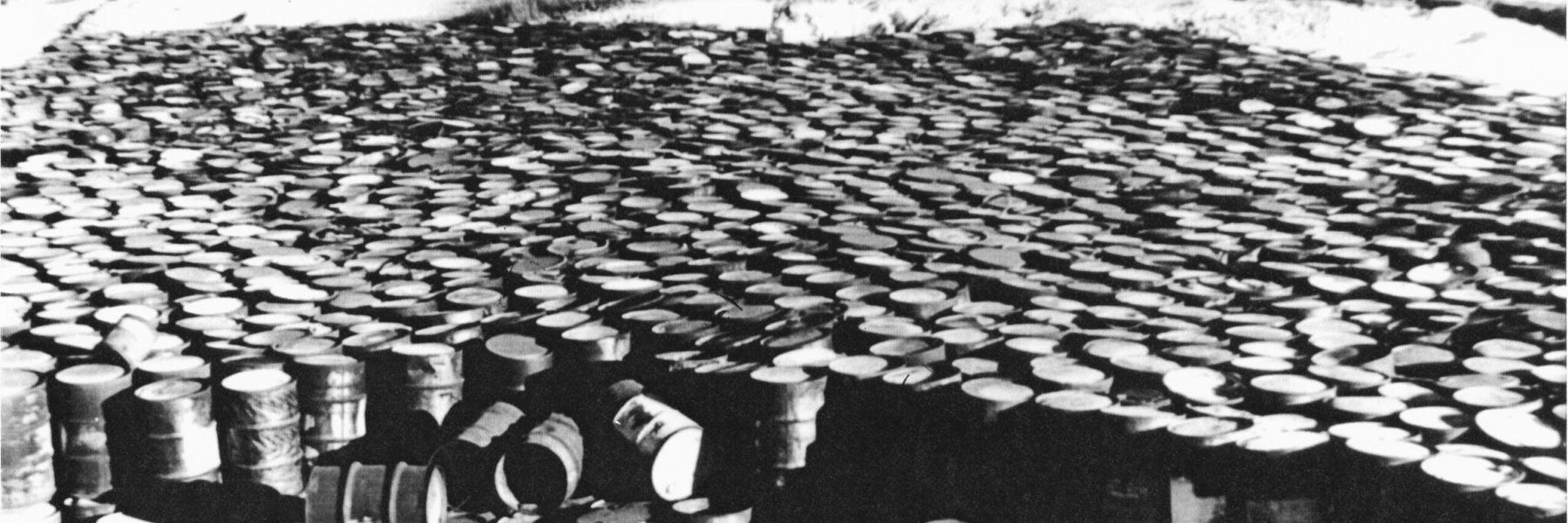In April 1950, the US federal government raided the offices of Scientific American Magazine to destroy every printed issue. “Three thousand copies already run off were burned, type was melted down, and every galley proof and script impounded.” Three years later, Fahrenheit 451 was published without knowledge of this incident.
The banned magazine contained an article, titled “The Hydrogen Bomb: II” written by Professor Hans Bethe, the “wartime chief of theoretical physics at Los Alamos.” His article had an imperative purpose: To clarify technical misconceptions in the daily press and to “take up the moral … meaning of the bomb in the general framework of foreign relations”.
In current times, it is hard to imagine Scientific American as a politically charged institution or that Ray Bradbury’s caricature of Cold War hysteria was ever realized. The government not only burned every issue of Scientific American but also questioned the magazine’s political allegiance. As a reliable Federal Bureau of Investigation source stated in Bethe’s file, “Scientific American runs the sort of stuff which the Soviets would like to see in popular scientific journal, including left-wing authors on atomic energy and security questions.” The same issue in question contained an article written by Albert Einstein.
Scientific American’s publisher Gerard Piel (misidentified as editor in the file) pushed back against the censorship, and the Federation of American Scientists joined Piel in protest against idea that atomic “security lies in blind secrecy.”
After redacting four technical paragraphs, roughly 15,000 articles eventually made it to print. The article remained controversial even despite the redacted technical paragraphs and left the FBI and the Atomic Energy Commission a bit disgruntled. However, Bethe had powerful allies who vouched for his intentions, including fellow Manhattan Project physicist John Dunning.
Even decades later, Bethe’s passionate urging against developing the Hydrogen bomb still resonates:
“After such a [nuclear] war, nothing that resembled present civilization would remain … The fight for mere survival would dominate everything … Indeed it is likely that technology and science, having brought such utter misery upon man, would be suspected as works of the devil, and a new Dark Age would begin on earth. Can we who have always insisted on morality and human decency … introduce this weapon of total annihilation into the world?”
Muckrock readers can now consult the words of Bethe and his deep insights on the destructive power of mankind, through a less flammable digital pdf of “The Hydrogen Bomb: II,” embedded below, or on the request page. However, the original typeset remains unknown, lost in the melt of one’s imagination.
Image by James Lee via Flickr and is licensed under CC BY 2.0




